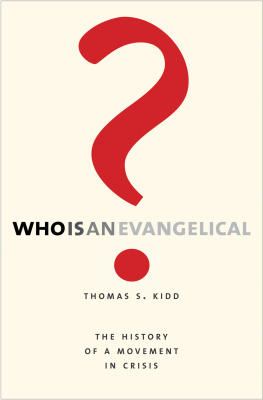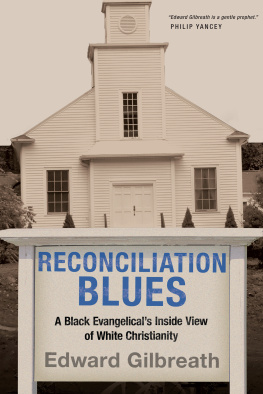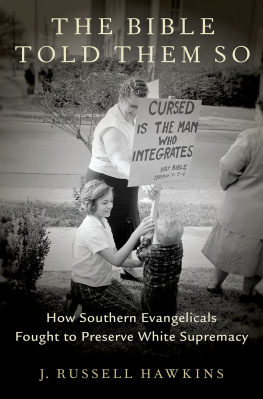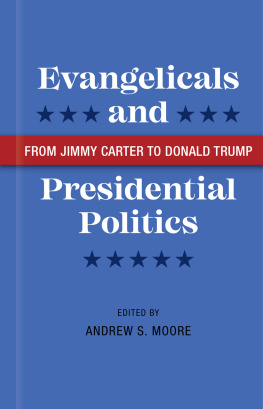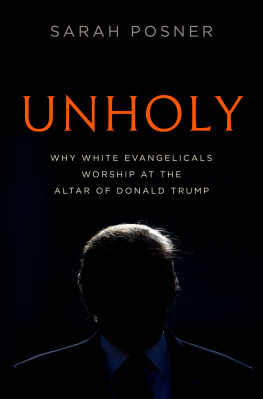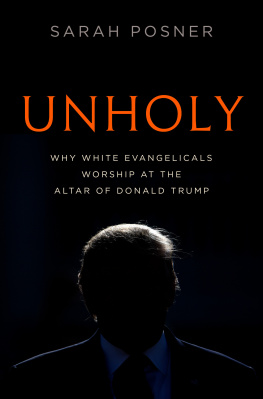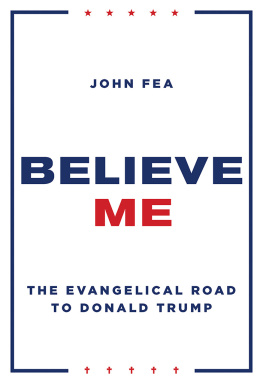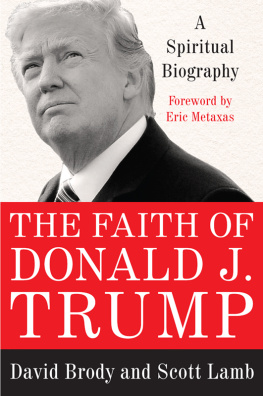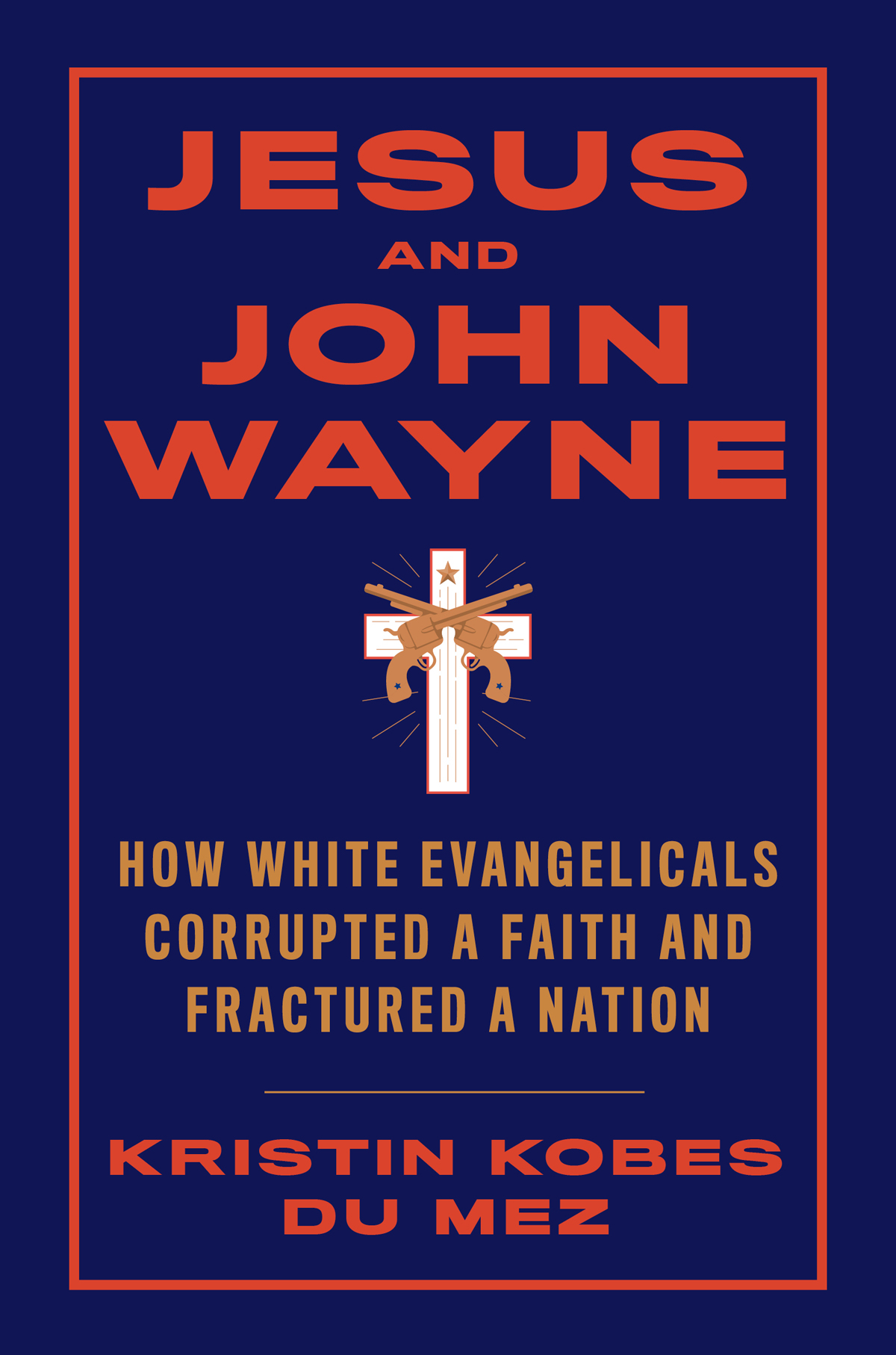Kristin Kobes Du Mez - Jesus and John Wayne: How White Evangelicals Corrupted a Faith and Fractured a Nation
Here you can read online Kristin Kobes Du Mez - Jesus and John Wayne: How White Evangelicals Corrupted a Faith and Fractured a Nation full text of the book (entire story) in english for free. Download pdf and epub, get meaning, cover and reviews about this ebook. year: 2020, publisher: Liveright, genre: Science / Politics. Description of the work, (preface) as well as reviews are available. Best literature library LitArk.com created for fans of good reading and offers a wide selection of genres:
Romance novel
Science fiction
Adventure
Detective
Science
History
Home and family
Prose
Art
Politics
Computer
Non-fiction
Religion
Business
Children
Humor
Choose a favorite category and find really read worthwhile books. Enjoy immersion in the world of imagination, feel the emotions of the characters or learn something new for yourself, make an fascinating discovery.

- Book:Jesus and John Wayne: How White Evangelicals Corrupted a Faith and Fractured a Nation
- Author:
- Publisher:Liveright
- Genre:
- Year:2020
- Rating:5 / 5
- Favourites:Add to favourites
- Your mark:
Jesus and John Wayne: How White Evangelicals Corrupted a Faith and Fractured a Nation: summary, description and annotation
We offer to read an annotation, description, summary or preface (depends on what the author of the book "Jesus and John Wayne: How White Evangelicals Corrupted a Faith and Fractured a Nation" wrote himself). If you haven't found the necessary information about the book — write in the comments, we will try to find it.
Jesus and John Wayne is a sweeping account of the last seventy-five years of white evangelicalism, showing how American evangelicals have worked for decades to replace the Jesus of the Gospels with an idol of rugged masculinity and Christian nationalism or in the words of one modern chaplain, with a spiritual badass. As Du Mez explains, the key to understanding this transformation is to recognize the role of culture in modern American evangelicalism. Many of todays evangelicals may not be theologically astute, but they know their VeggieTales, theyve read John Eldredges Wild at Heart, and they learned about purity before they learned about sexand they have a silver ring to prove it. Evangelical books, films, music, clothing, and merchandise shape the beliefs of millions. And evangelical popular culture is teeming with muscular heroesmythical warriors and rugged soldiers, men like Oliver North, Ronald Reagan, Mel Gibson, and the Duck Dynasty clan, who assert white masculine power in defense of Christian America. Chief among these evangelical legends is John Wayne, an icon of a lost time when men were uncowed by political correctness, unafraid to tell it like it was, and did what needed to be done.
Trump, in other words, is hardly the first flashy celebrity to capture evangelicals hearts and minds, nor is he the first strongman to promise evangelicals protection and power. Indeed, the values and viewpoints at the heart of white evangelicalism todaypatriarchy, authoritarian rule, aggressive foreign policy, fear of Islam, ambivalence toward #MeToo, and opposition to Black Lives Matter and the LGBTQ communityare likely to persist long after Trump leaves office.
A much-needed reexamination, Jesus and John Wayne explains why evangelicals have rallied behind the least-Christian president in American history and how they have transformed their faith in the process, with enduring consequences for all of us.
Kristin Kobes Du Mez: author's other books
Who wrote Jesus and John Wayne: How White Evangelicals Corrupted a Faith and Fractured a Nation? Find out the surname, the name of the author of the book and a list of all author's works by series.

